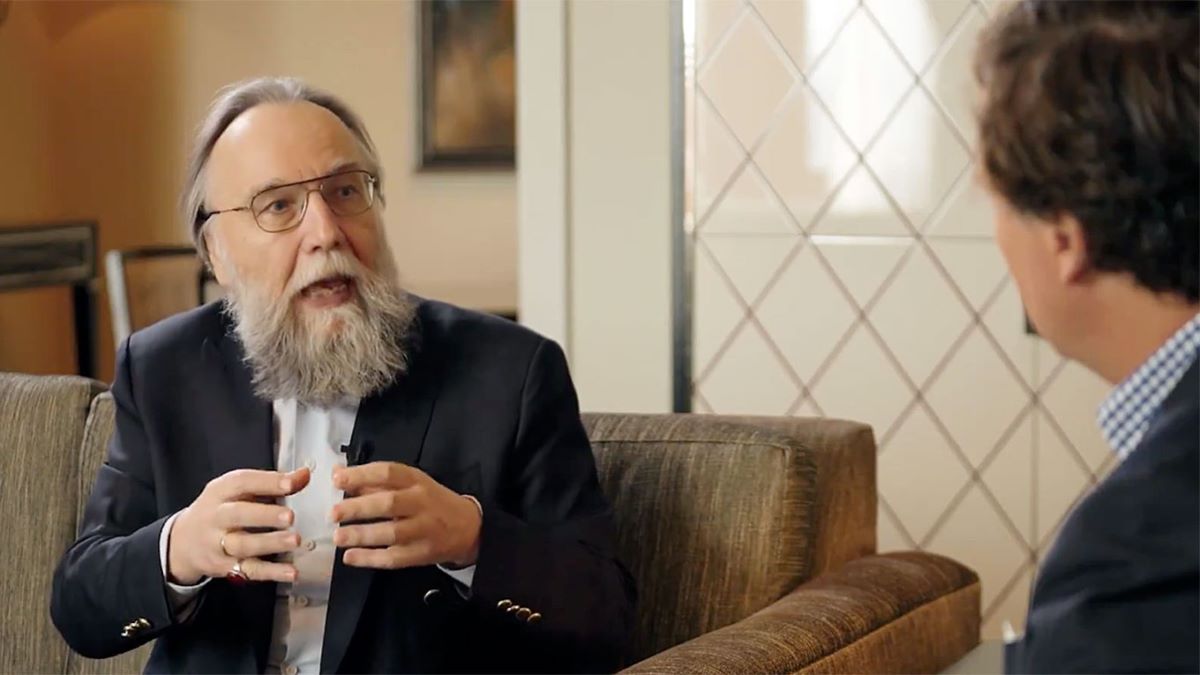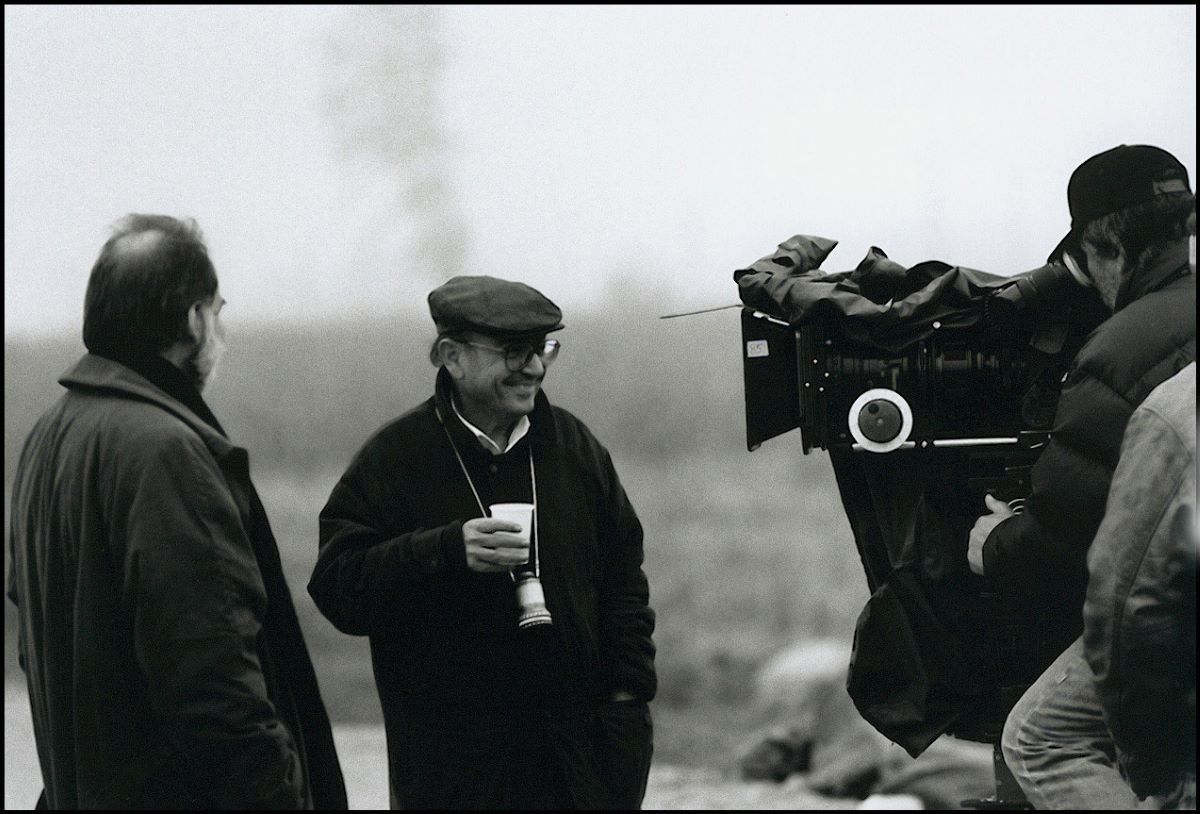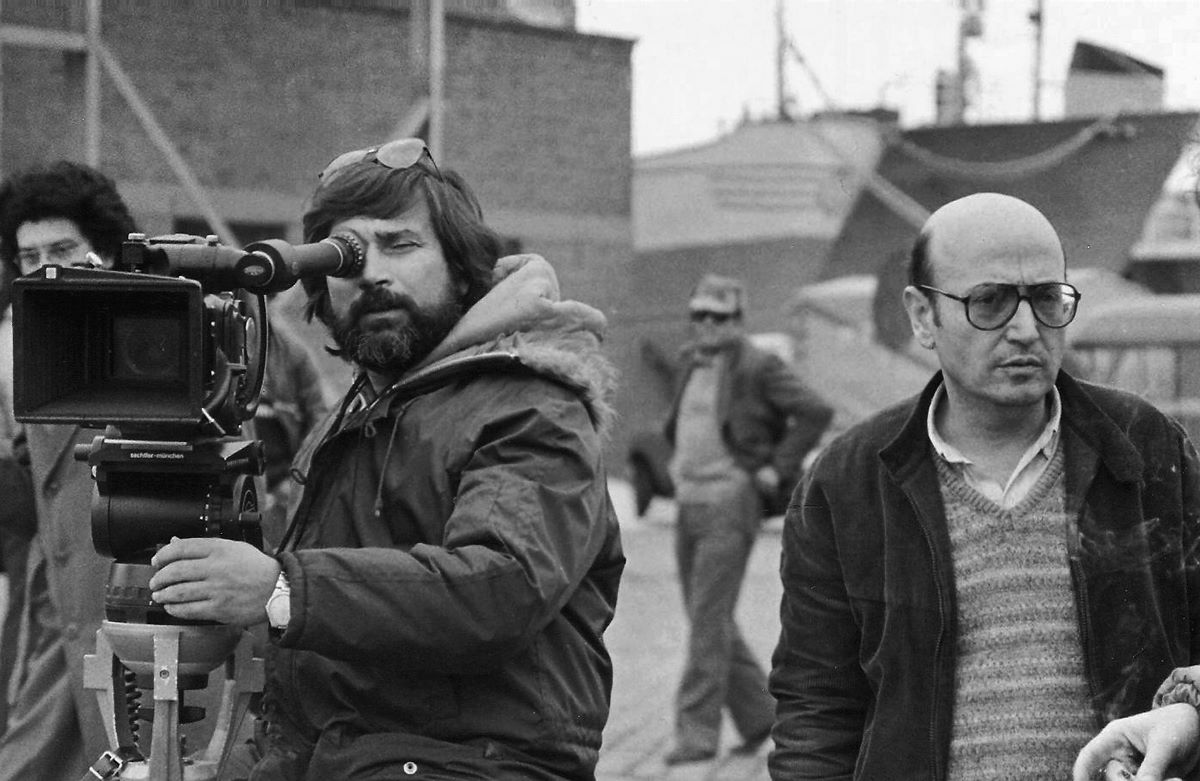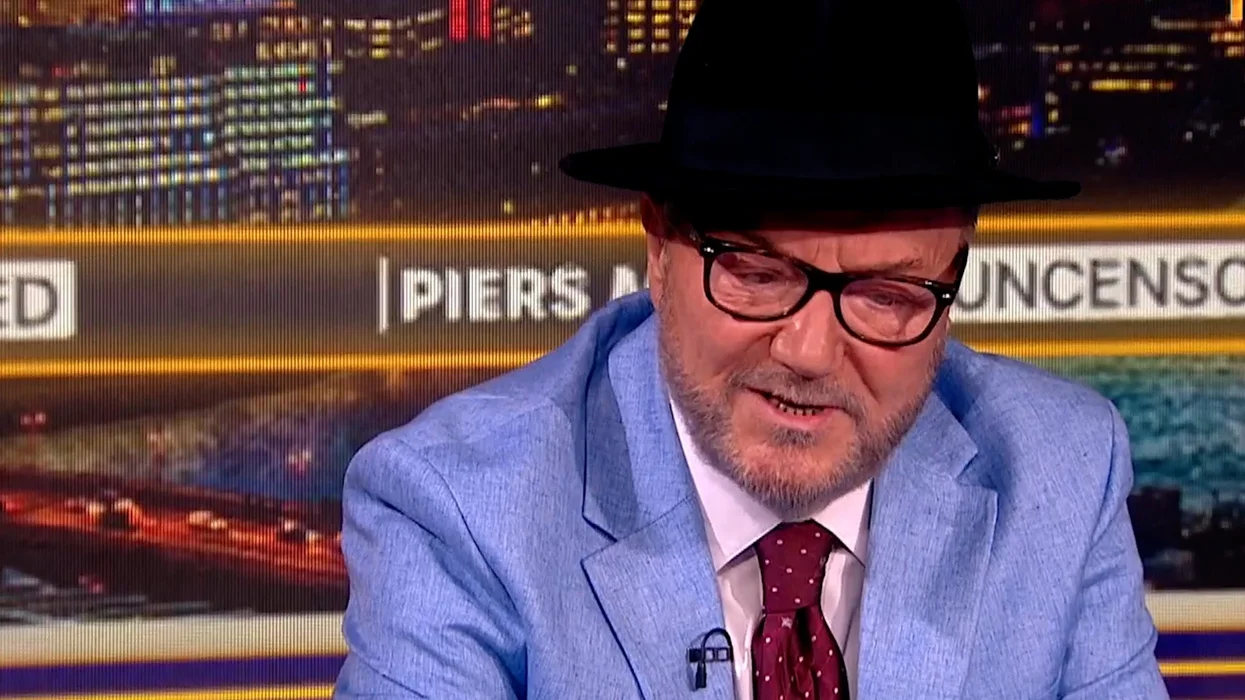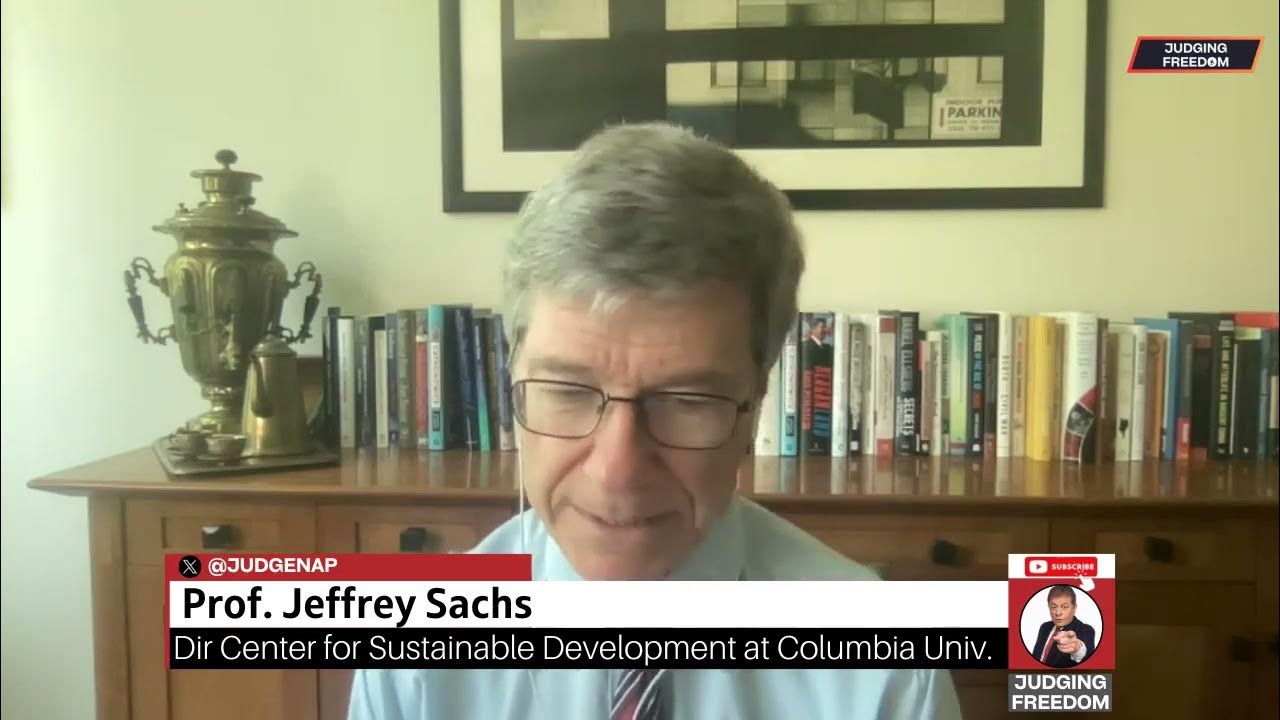In an interview with Tucker Carlson, Russian philosopher Alexander Dugin discusses his views on individualism and its consequences in Western societies. He argues that individualism, rooted in nominalism and Protestant Reformation, has led to the breakdown of traditional collective identities, resulting in the rise of new forms of liberalism that prioritize minority rule and progressive ideologies over classical liberal values. Dugin highlights the dangers of this trajectory, including transhumanism and post-humanism, as societies move towards optional human identities. He also addresses the West’s shifting attitude towards Russia, attributing it to Vladimir Putin’s defense of traditional values, which contradicts the global progressive agenda.
* * *
American journalist Tucker Carlson interviewed Russian philosopher Alexander Dugin and published a video of the conversation on his social media page X. The journalist stated that Dugin “is the most famous political philosopher in Russia.” “His ideas are considered so dangerous that the Ukrainian government murdered his daughter, and Amazon does not sell his books. We talked to him in Moscow,” said Carlson.
The following is the full interview transcript:
TUCKER CARLSON: Alexander Dugin is a 62-year-old Russian academic philosopher. He has spent his life in Moscow. As a young man, he was an anti-Soviet dissident, and now he is famous worldwide, at least in the Anglo-Saxon press, as “Putin’s brain.” But he is not a political figure here in Russia. He is a philosopher, and his ideas are deeply offensive to some people. In August 2022, his only daughter was killed in Moscow by a car bomb. US intelligence says she was murdered by the Ukrainian government. And we take that at face value. But what is interesting is that, once again, Alexander Dugin is not a military leader. He is not a daily advisor to Vladimir Putin. He is a writer who writes about big ideas. And because of that, his books have been banned by the Biden administration in the United States. They cannot be bought on Amazon. Books are banned in the United States because the ideas they contain are too dangerous. The English press often describes him as “far-right.” We will let you judge, but we wanted to talk to him about some of his ideas, these ideas that are so dangerous that his only daughter was killed for them, and his books banned in the United States. So we are delighted to have him join us now. Mr. Dugin, thank you very much.
ALEXANDER DUGIN: Thank you. Thank you for inviting me. And welcome to Moscow.
TUCKER CARLSON: Of course. Thank you. So we were talking off-camera. We were actually having a conversation that we were not going to film. I was just interested in meeting you. But what you said was so interesting that we picked up a couple of cameras and set this up. And my question to you is, what do you think is happening in the English-speaking countries? And I said, in all of them: the United States, Canada, Britain, New Zealand, Australia, all at once decided to turn – it seemed – to turn on themselves with this great upheaval. And some of the behaviors seem very self-destructive. And where do you think, as an observer, that comes from?
ALEXANDER DUGIN: I could suggest, express my reading of that. It requires a bit of patience. I think it all started with individualism. Individualism was a misunderstanding of human nature, of the nature of man. When you identify individualism with man, with human nature, you cut off all his relationships with everything else. So, you have a very special idea of the subject, the philosophical subject as an individual, and it all began in the Anglo-Saxon world with the Protestant Reformation and with nominalism before that, the nominalist attitude that there are no ideas, only things, only individual things.
The individual was the key and remains the key concept that was placed at the center of a liberal ideology and liberalism as, in my reading, a kind of historical, cultural, political, and philosophical process of liberating the individual from any kind of collective identification, collective or that transcends the individual, and that began with the rejection of the Catholic Church as a collective identification of the empire, the Western empire as a collective identification. After that war, there was a great struggle in the 20th century between liberalism, communism, and fascism, and liberalism won once again, and after the fall of the Soviet Union, there was only liberalism, and Francis Fukuyama correctly pointed out that there are no more ideologies except liberalism, and liberalism was the liberation of these individuals from any kind of collective identification.
There were only two collective identities left to liberate: from Gender Identity, because it is a collective identification, you are a man or a woman collectively. You could not be alone, so a liberation from gender, and that has led to transgender, to LGBT and a new form of sexual individualism, so that sex is something optional, and that was not just a deviation from liberalism, those were necessary elements of the implementation and vector of this liberal ideology, and the last step that is not yet fully done is the liberation of human identity, optional humanity, and now you in the West are choosing the sex you want, as you want, and the last step in this process of liberalism, of the implementation of liberalism, will mean precisely optional humanity, that you can choose your individual identity to be human or not to be human.
That has a name: Transhumanism, post-humanism, Singularity, Artificial Intelligence. Klaus Schwab or Kurzweil or Harari openly declare that it is the inevitable future of humanity, so we have arrived at the final historical station after five centuries. We boarded this train and now we are reaching the last station. So that is my reading, and with all the elements, all the phases of that, the tradition with the past is cut off.
Consequently, you are no longer Protestant, you are a secular atheist materialist, you are no longer a nation-state, which served the liberal to liberate himself from the Empire, and now, the nation-state becomes its obstacle in turn. You are liberating yourself from the nation-state finally, the family is destroyed in favor of this individualism, and the last things, sex which is almost overcome, optional sex and in gender politics there is only one step to reach the end of this process of liberation, of liberalism, which is human identification abandoned as something prescribed. So being free to be human, having the possibility to choose to be or not to be human, and that is the ideological political agenda of tomorrow.
Therefore, how I see the Anglo-Saxon world that you asked me about, I think it is only the vanguard, a word of this process because it started with Anglo-Saxons: Empiricism, Nominalism, Protestantism and now you are ahead as the most drained Anglo-Saxons to liberalism than any other European.
TUCKER CARLSON: What you are describing is clearly happening and is horrible. But it is not the definition of liberalism I have in mind when I describe myself, as what we say in the United States as a classic liberal. So you think of liberalism as individual freedom and choice of slavery. Don’t you? So the choices as we conceived them, while I was growing up, were the individual who can follow his conscience, say what he thinks, defend himself from the State against statism, the totalitarianism embodied in the government you fought against: the Soviet government. And I think most Americans see it that way. What is the difference?
ALEXANDER DUGIN: A very interesting question. I think the problem lies in two definitions of liberalism. There is old liberalism, classical liberalism. And new liberalism. Classical liberalism was in favor of democracy. Democracy understood as the power of the majority of consensus, of individual freedom. That must somehow be combined with the freedom of others. And now we have totally the next station already. Next phase: new liberalism. Now it is not about the rule of the majority, but about the rule of minorities. It is not about individual freedom, but about wokism.
You must be so individualistic that you must criticize not only the State but the individual, the old understanding of the individual. Now you need – you are invited to free yourself from individuality to go further in that direction. I have spoken with Fukuyama, Francis Fukuyama, on television. And he has previously said that democracy meant the rule of the majority. And now it is about the rule of minorities against the majority, because the majority could choose Hitler or Putin. So we have to be very careful with the majority, and the majority must be taken under control and the minorities must rule over the majority. It is not democracy, it is already totalitarianism. And now it is not about defending the individual from freedom, but about the prescription to be woke, to be modern, to be progressive. It is not your right to be or not to be progressive. It is your duty to be progressive, to follow this agenda. So you are free to be a left-liberal. You are no longer so free to be a right-liberal. You must be a left-liberal. And that is a kind of duty. It is a prescription. So liberalism fought throughout its history against any kind of prescription. And now, in turn, it has become totalitarian, prescriptive, not as free as it was.
TUCKER CARLSON: And do you think that process was inevitable? That it was always going to happen?
ALEXANDER DUGIN: I think… I perceive here a kind of logic. So a kind of logic that is not just a reversal or deviation. You start with one thing. You want to free the individual when you reach the point where it is possible, it is realized. Then you need to go further. And you start to free yourself from this moment of the old understanding of the individual in favor of more progressive concepts. So you cannot stop here. That is my vision. If you say “Oh, I prefer old liberalism,” the progressives will say: “It is not about old liberalism, it is about fascism.” You are a defender of traditionalism, conservatism, fascism. So stop here. Either you are a progressive liberal or you are finished, or we will cancel you. That is what we are observing.
TUCKER CARLSON: Well, that certainly is what we are experiencing. And seeing how self-described liberals ban your book, which is not a bomb-making manual or a guide to invading Ukraine. These are philosophical works. It tells you that it is not, of course, that it is not liberal in any sense. I wonder, though, when you reach the point where the individual can no longer free themselves from anything, when they are no longer even human. What is the next step after that?
ALEXANDER DUGIN: That is described in movies, in American movies, in many ways. I think all the science fictions, almost all of the 19th century, became reality in the 20th century. So there is nothing more realistic than science fiction. And if we take into account Matrix or Terminator, we have many more or less coinciding versions of the future, the future with the post-human or optional human situation or artificial intelligence. Hollywood has made many, many, many movies. I think they correctly portray the reality of the near future. So, for example, if we consider man, human nature as a kind of rational animal, now with our technology, you could produce them, so you could create rational animals or combine them or construct them and artificial intelligence, strong artificial intelligence, a huge database network. It is a kind of king of the world, I would say, that could not only manipulate but create realities because realities are only images, only sensations, only feelings. So I think post-humanist futurism is not only a realistic description of a very possible and probable future but also a kind of political manifesto. It is a kind of illusion.
And the fact that there is no bright traditional future described in movies. I don’t know of any movie about the future and the West where traditional life, prosperity, families with many children, and everything else are not quite under the shadows. So, if you are used to painting everything black in the future, above all, this black future once it arrives and I think it is, the very fact that we have no other choice. Either Matrix or Artificial Intelligence or Terminator. The choice is already outside the bounds of humanity. And that is not just fantasy, I think. It is a kind of political project. And it is easy to imagine because we have seen the movies, which follow more or less closely this progressive agenda, I would say.
TUCKER CARLSON: I have not asked you anything about Russia or Russian politics and I am not going to because I think it is very interesting to see your point of view on countries you do not live in because, you know, I think we get an idea from the outside. My last question for you is how you explain this phenomenon I have observed where, for more than 70 years, a group of people in the West and the United States, liberals, effectively defended the Soviet system and Stalinism, and many participated, personally participated in Stalinism, spied for Stalin, supported him in our media. And they loved Boris Yeltsin because he was drunk. But in the year 2000, the leadership of this country changed and Russia became their main enemy. So after 80 years of defending Russia, they hated Russia. What was that? Why the change?
ALEXANDER DUGIN: I think, first of all, Putin is a traditional leader. So Putin, when he came to power from the beginning, started to take our country, Russia, away from global influence. So he started to contradict the global progressive agenda. And these people who supported the Soviet Union, there were progressives and now there are progressives. They felt that now they were dealing with someone who does not share this progressive agenda and who successfully tried to restore traditional values, state sovereignty, Christianity, the traditional family. That was not evident from the beginning, from the outside. But when Putin insisted more and more on this traditional agenda, I would say, on the particularity and spirituality of Russian civilization as some kind of special region of the world that had and now has, very few similarities with the progressive, progressive ideals.
I think they discovered, they identified, in Putin, precisely what Putin is. So he is a kind of political leader who defends traditional values. So only recently, a year ago, Putin made a decree on the political defense of traditional values. That was a turning point, I would say. But, the observers from the progressive camp in the West, I think they understood it correctly from the beginning of his rule. Therefore, this hatred is not accidental, something casual or some mood. It is not.
TUCKER CARLSON: It is not accidental. It is very serious.
ALEXANDER DUGIN: It is metaphysical. If you, if your main task and main goal is to destroy traditional values, the traditional family, traditional states, traditional relationships, traditional beliefs and someone appears with a nuclear weapon – which is not minor, the last but not least, argument – someone with a nuclear weapon to stand firm in defense of traditional values that you are going to abolish, I think they have some basis for this Russophobia and hatred of Putin. Therefore, it is not by chance. It is not an irrational change from Soviet affinity to Russophobia. I would say it is something deeper. That is my assumption.
TUCKER CARLSON: It is clear that it is something, it is clear that it is something deeper. We thought it was important that your ideas were disseminated in English in the United States, simply because we believe in the open dissemination of ideas. I suppose we are liberals in that sense. So we are grateful that you took the time, Mr. Dugin. Thank you, Mr. Dugin.
ALEXANDER DUGIN: Thank you very much.

